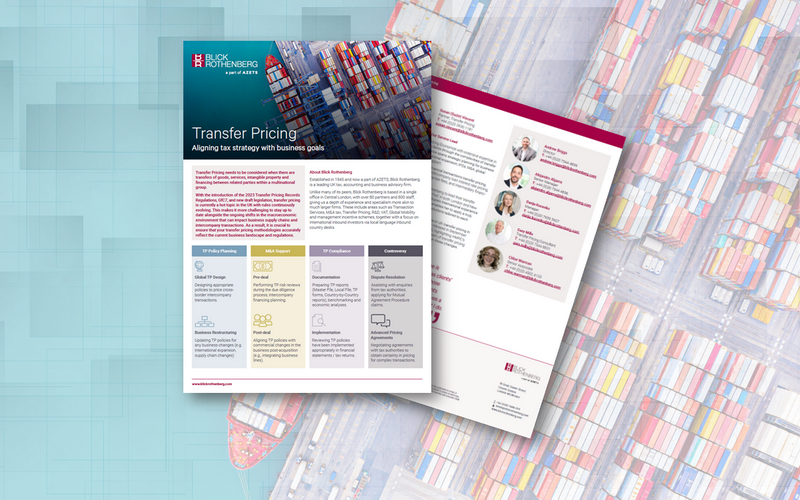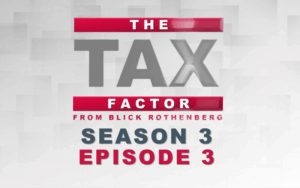
Autumn Budget: Why Businesses Need Relief from Rising Employment Costs
A Challenging Backdrop for Employers
17 September 2025 | Author: Robert Salter
As the Autumn Budget approaches, UK businesses are grappling with one of their biggest cost pressures: employment
Robert Salter, Director commented:
The most recent employment statistics published by the Office of National Statistics (ONS) show that privately owned businesses are struggling with employment costs and need fiscal support in the Autumn Budget.
The National Insurance Hike and Its Effects
The increase in employer’s National Insurance Contributions (NIC), to 15% from April 2025, has caused the overall number of payrolled employees in the year to July 2025 to fall by over 140,000. The Chancellor, Rachel Reeves must consider if the tax take gained from this is worth the damage to businesses and the overall economy, and should either reduce employers NIC or offer them another form of financial support.
This tax rise, intended to boost government revenue, risks becoming counterproductive. Businesses faced with higher payroll costs are slowing recruitment, leaving vacancies unfilled and in some cases reducing headcount.
Labour Market Signals
There are also signs the NIC rise has impacted the number of vacancies. Employers are not replacing employees when they retire or leave, likely because they cannot afford to do so. Total unemployment as a percentage of the workforce has now increased to 4.7%. These numbers would have even been worse if it wasn’t for the increase in public sector roles, which are up by approximately 75,000 since June 2024.
Robert Salter added:
There is, however, a glimmer of good news for workers as the ONS statistics suggest that private sector wages have risen by 4.8% (excluding bonuses) and this represents a real increase, after allowing for inflation, of over 1%. Public pay rises have, however, been significantly higher at 5.6%, but the disconnect between the public and private sectors cannot continue from a fiscal perspective.
Why This Matters to Businesses and Individuals
For businesses, sustained high employment costs mean tougher decisions on hiring, expansion, and investment. Small and mid-sized firms, with limited ability to absorb payroll tax increases, are especially vulnerable. For individuals, slower job creation and rising unemployment create uncertainty and could dampen consumer confidence at a time when household budgets are already stretched.
At a macro level, a weaker private-sector labour market threatens productivity and growth. If the private sector stalls while the public sector expands, it could shift the UK’s economic balance in ways that are difficult to sustain.
Implications for the Autumn Budget
The Chancellor faces a delicate balancing act. Cutting NIC rates or offering targeted relief – such as thresholds for smaller employers or time-limited rebates would ease pressure on businesses. Yet doing so would reduce immediate tax revenue. The decision will signal whether the Government prioritises short-term fiscal targets or long-term economic resilience.
A well-calibrated response could protect jobs, stabilise hiring, and help maintain the UK’s competitiveness.
What You Should Consider or Do Next
For business leaders:
Model your exposure: Assess how the 15% NIC rate affects your payroll costs over the next 12–18 months.
Explore efficiencies: Review workforce planning, flexible staffing models, and productivity initiatives to offset higher contributions.
Engage with policymakers: Industry bodies and trade associations can amplify concerns – adding weight to the call for relief in the Autumn Budget.
For individuals:
Understand employment trends: Job seekers may face slower hiring in the private sector, making upskilling and flexibility more important.
Monitor wage growth: Real wage increases are positive but may vary across industries; negotiating pay rises could remain challenging.
The Autumn Budget will reveal whether the Government acts to ease the burden – or whether businesses must continue to navigate high employment costs largely on their own.
Would you like to know more?
If you would like to discuss any of the above, please speak to your usual Blick Rothenberg contact or Robert Salter using the form below.
Contact Robert

You may also be interested in

Transfer Pricing – Aligning tax strategy with business goals – Flyer

Lifetime ISA: Why Reform Is Overdue in the Autumn Budget













